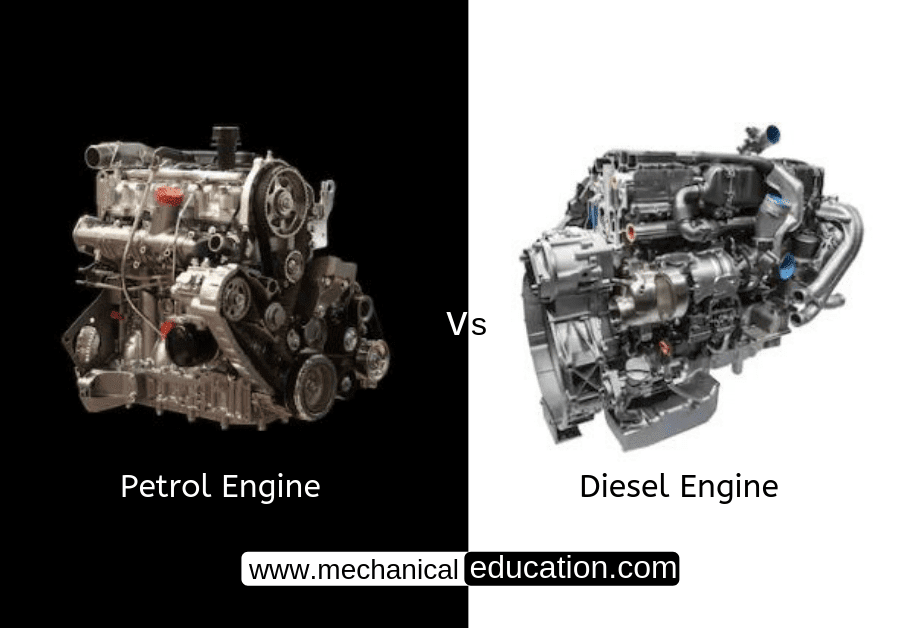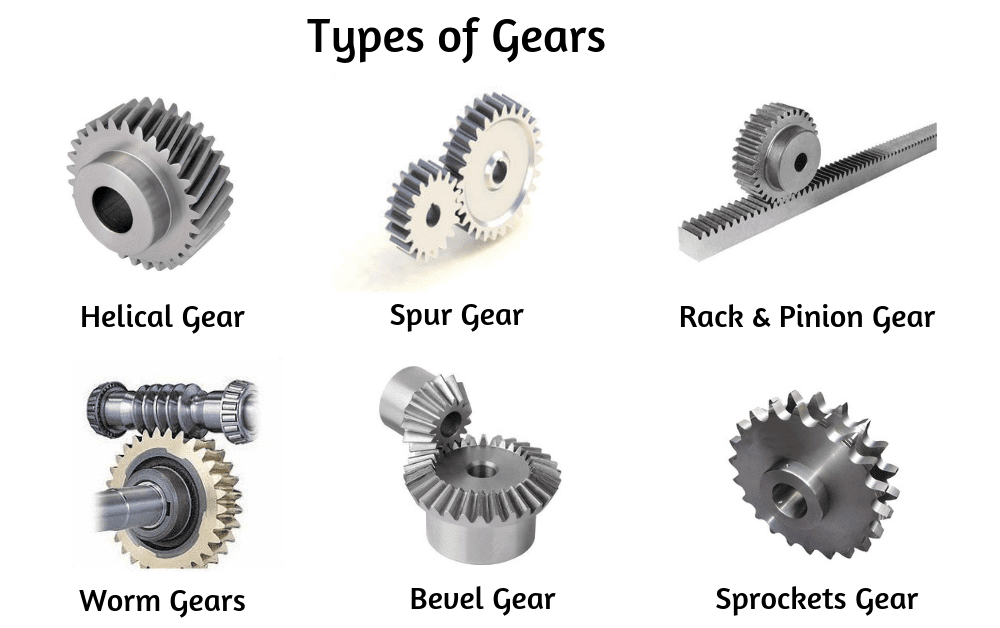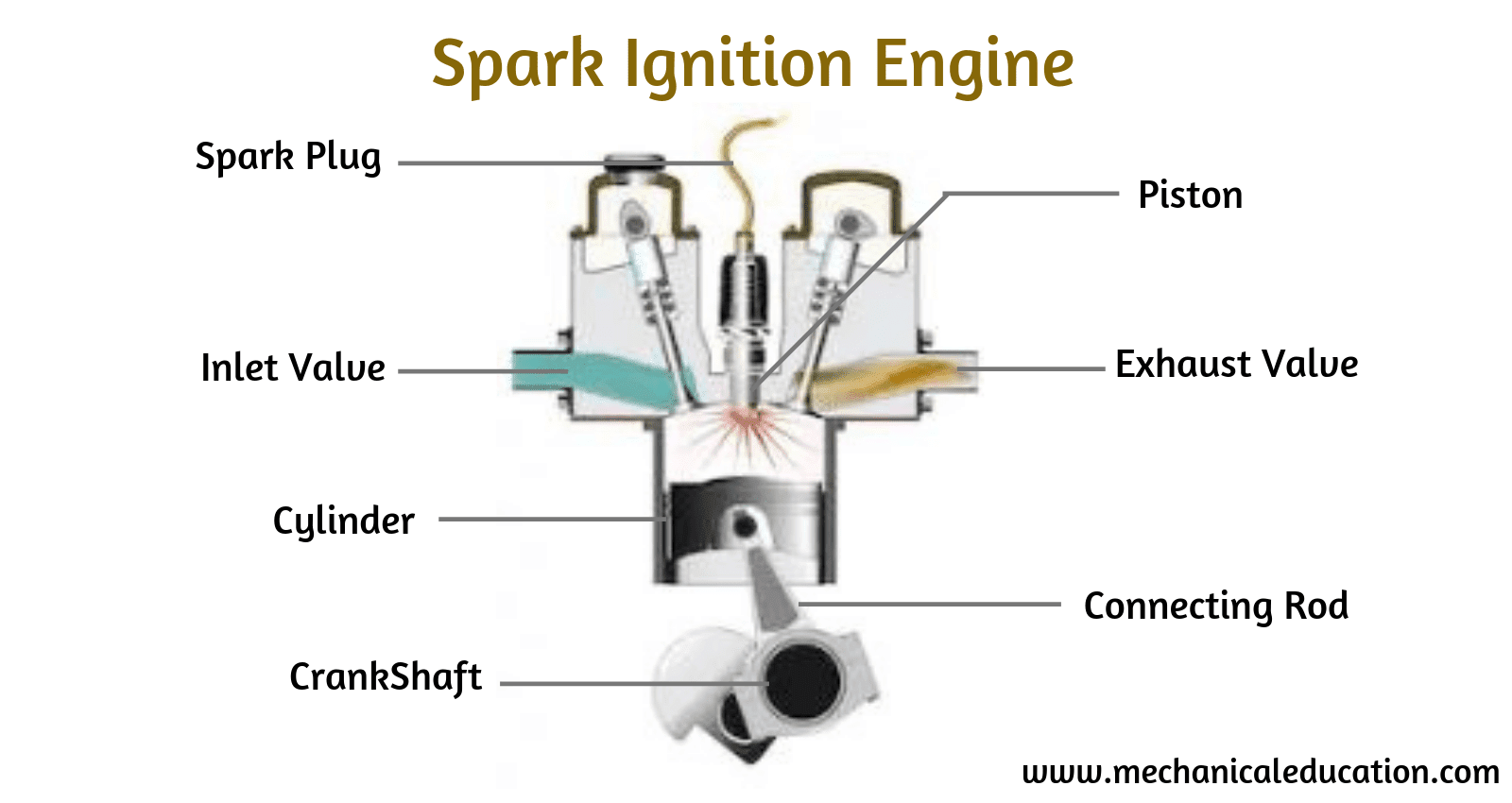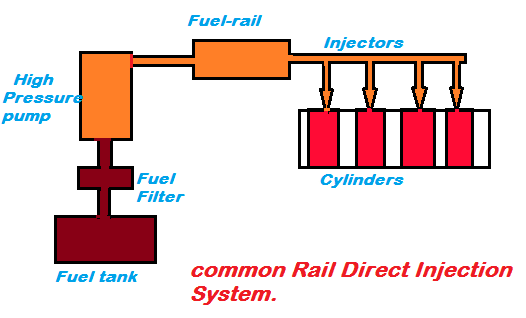There are several reasons why an AC may take a long time to get cold. Here are some possible causes and solutions:
- Low refrigerant level: If the AC system has a low refrigerant level, it will take longer to cool the air. This could be due to a leak in the system. Solution: A qualified mechanic should inspect the AC system, find and fix the leak, and recharge the system with the proper amount of refrigerant.
- Clogged air filters: A dirty or clogged air filter can restrict airflow and make it harder for the AC system to cool the air. Solution: Check and replace the air filter regularly, as recommended in your car owner’s manual.
- Malfunctioning compressor: The compressor is the heart of the AC system and if it’s not functioning properly, it will take longer to cool the air. Solution: A qualified mechanic should inspect the compressor and replace it if necessary.
- Worn-out AC system components: Over time, parts of the AC system can wear out and affect the system’s performance. Solution: Have a qualified mechanic inspect the AC system and replace any worn-out components.
- Electrical problems: Sometimes electrical issues such as a faulty AC relay or a blown fuse can cause the AC system to take longer to cool the air. Solution: Have a qualified mechanic inspect the electrical system and fix any issues found.
In summary, there are several possible reasons why an AC system may take a long time to get cold, and it’s important to have a qualified mechanic inspect the system to determine the root cause and make the necessary repairs.
Frequently Asked Questions
1.What are common reasons why my car AC takes a long time to get cold?
Possible reasons include low refrigerant levels, a dirty or clogged condenser, a malfunctioning compressor, or issues with the cooling system components.
2.Can a dirty or clogged air filter affect the time it takes for my AC to cool the car?
Yes, a dirty air filter can impede airflow, making the AC system work harder to cool the air. Regularly replacing or cleaning the air filter can improve efficiency.
3.How often should I check the refrigerant levels in my car’s AC system?
Regular AC system maintenance, typically every 12-18 months, includes checking and replenishing refrigerant levels to ensure optimal performance.
4.Is it possible for the AC compressor to be the cause of slow cooling, and how can I check its functionality?
A malfunctioning compressor can contribute to slow cooling. Check for unusual noises, inspect the drive belt, and consult a professional for a comprehensive diagnosis.
5.Can using the wrong type of refrigerant affect the performance of my car’s AC system?
Yes, using the incorrect refrigerant can lead to poor cooling efficiency. Always use the refrigerant specified in your vehicle’s owner’s manual.
6.Can a refrigerant leak be the reason for slow cooling, and how can I detect such leaks?
Yes, refrigerant leaks can impact cooling efficiency. Signs include hissing sounds, visible oil stains around AC components, or the use of UV dye for detection during professional inspections.
7.Are there external factors like extreme ambient temperatures that can affect AC cooling times?
Yes, extremely high ambient temperatures can make it challenging for the AC system to cool the car efficiently. Using shading options or parking in cooler areas can help.
8.Does the age of my car’s AC system contribute to slower cooling times?
As AC systems age, their efficiency may decrease. Regular maintenance and addressing issues promptly can help maintain optimal performance.
9.Can a failing thermostat impact the time it takes for the AC to cool the car?
Yes, a malfunctioning thermostat may result in inaccurate temperature readings, leading to prolonged cooling times. Replacing the thermostat can resolve this issue.
10.Can I troubleshoot and fix slow cooling issues in my car’s AC on my own, or should I consult a professional?
While basic maintenance like cleaning filters can be done at home, diagnosing and fixing complex issues, especially related to refrigerant levels or the compressor, is best left to professionals for accurate and safe repairs.




